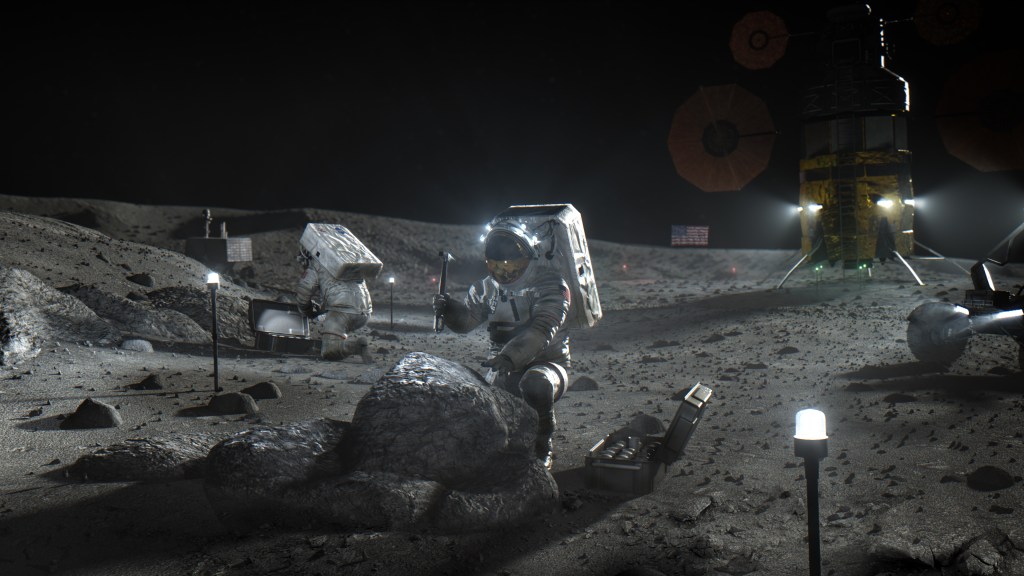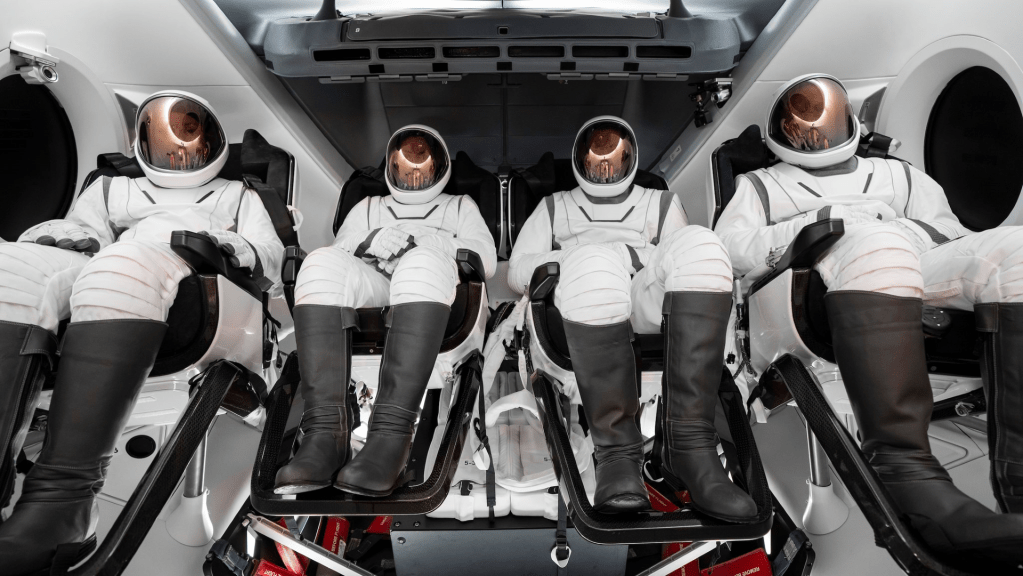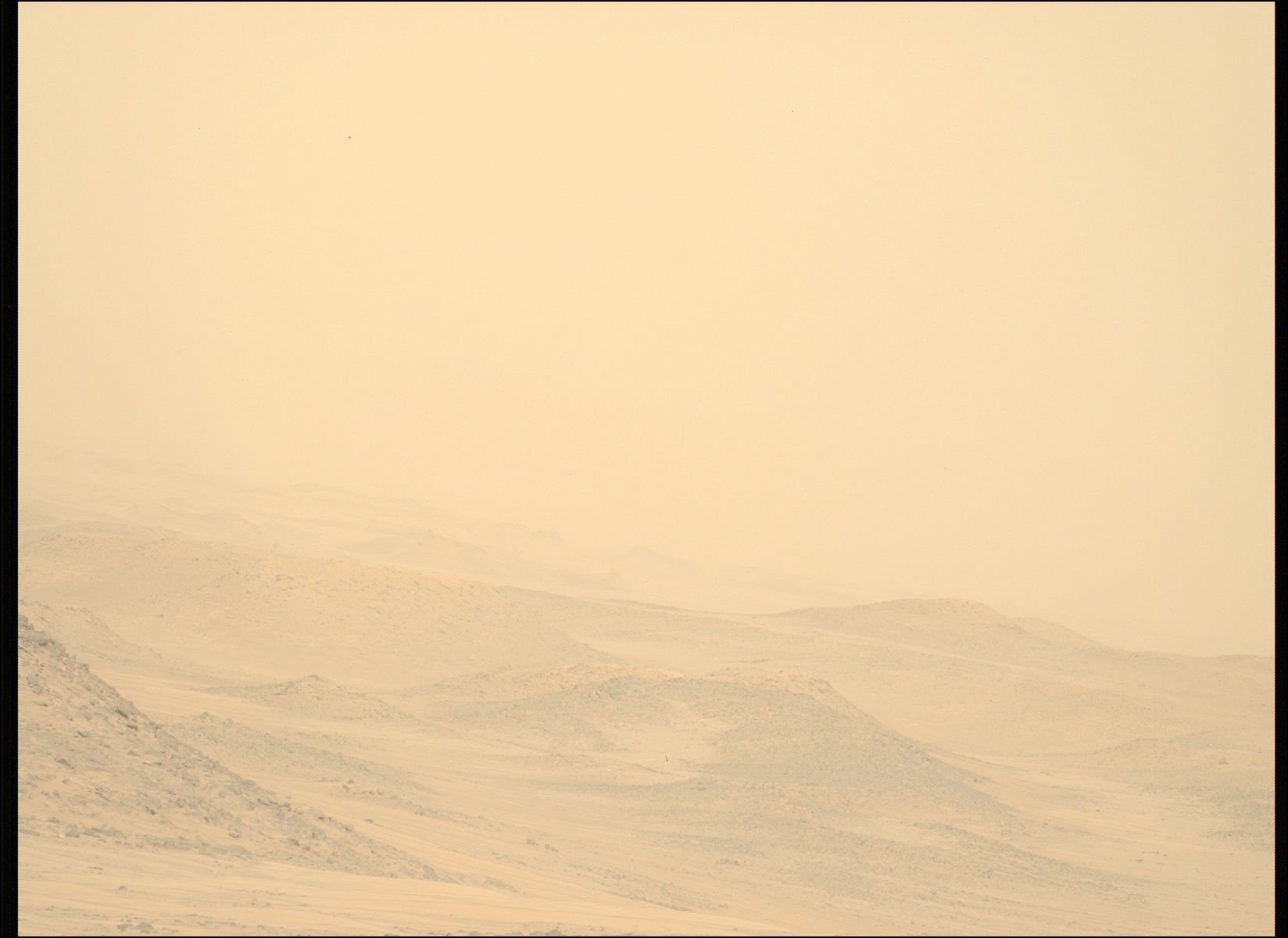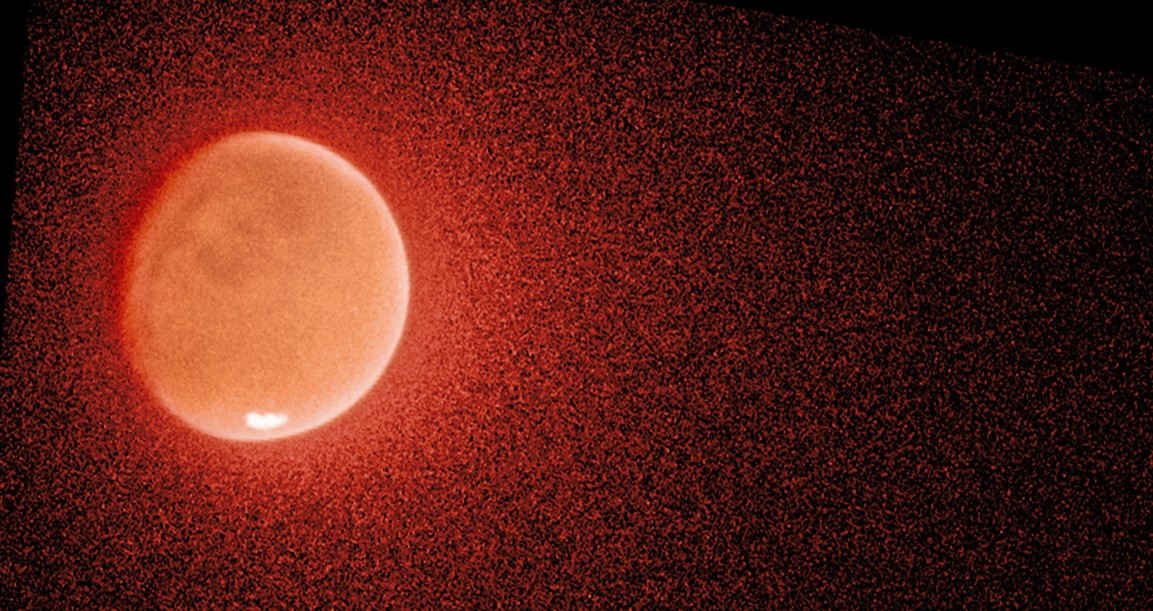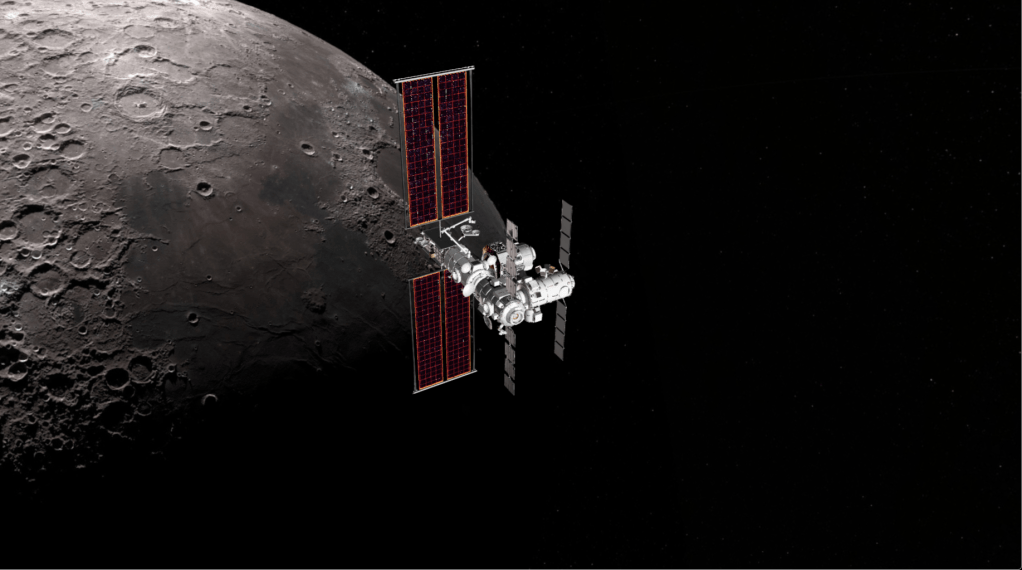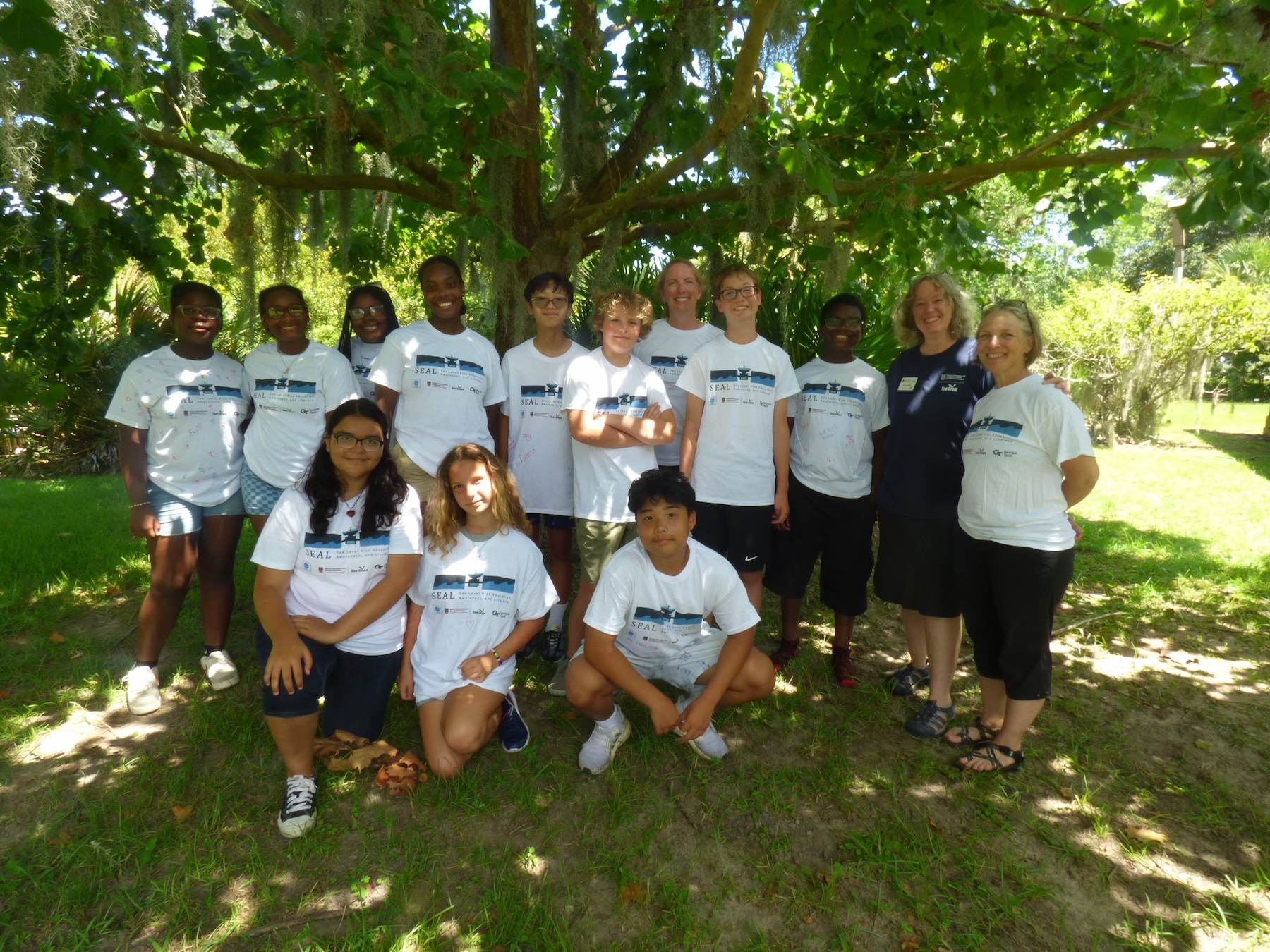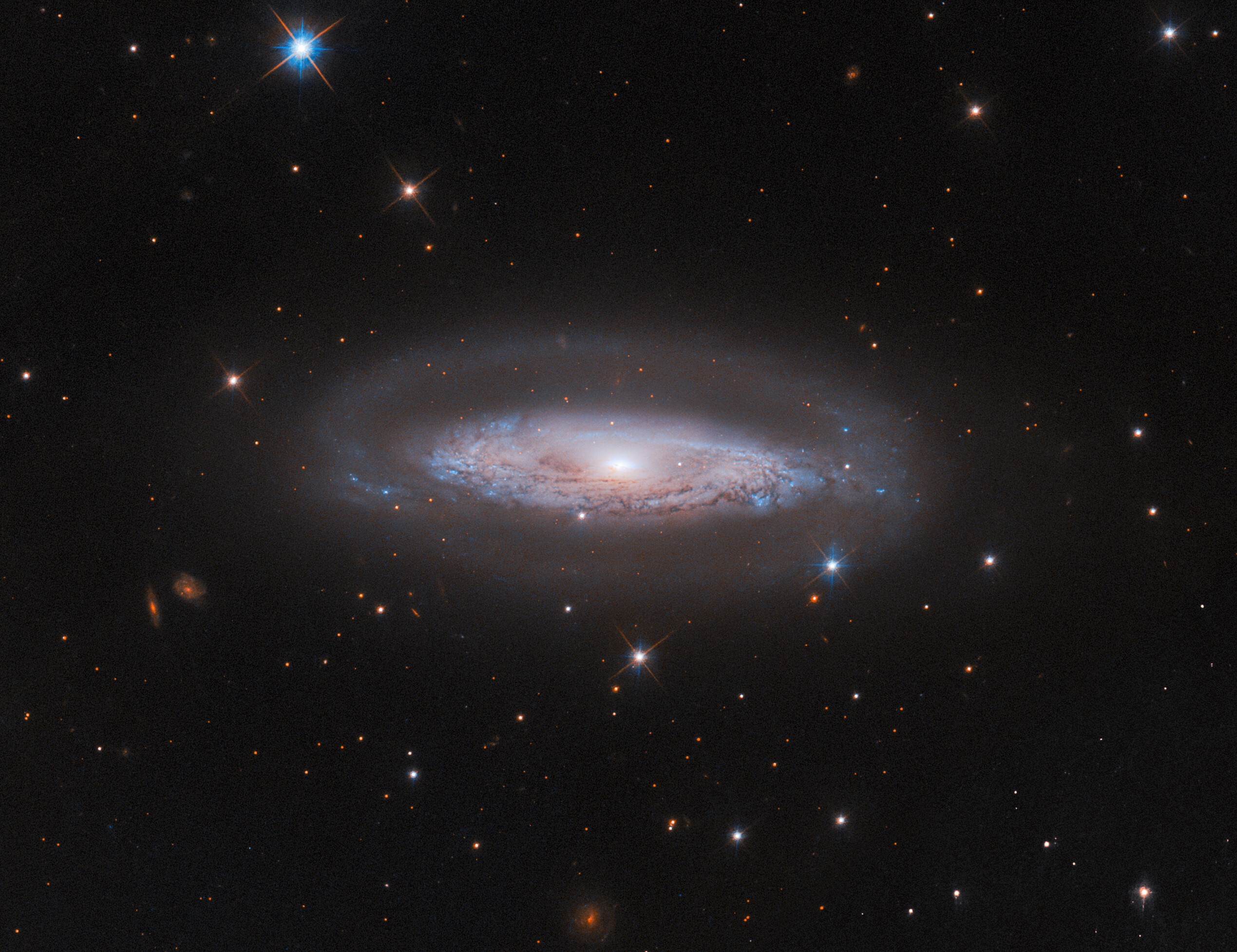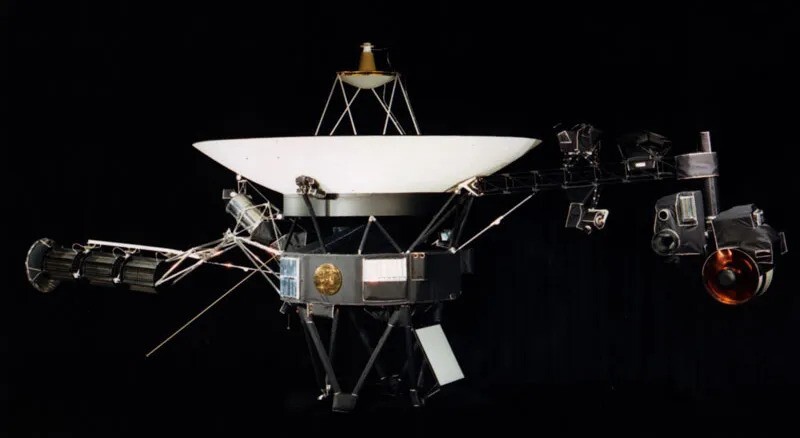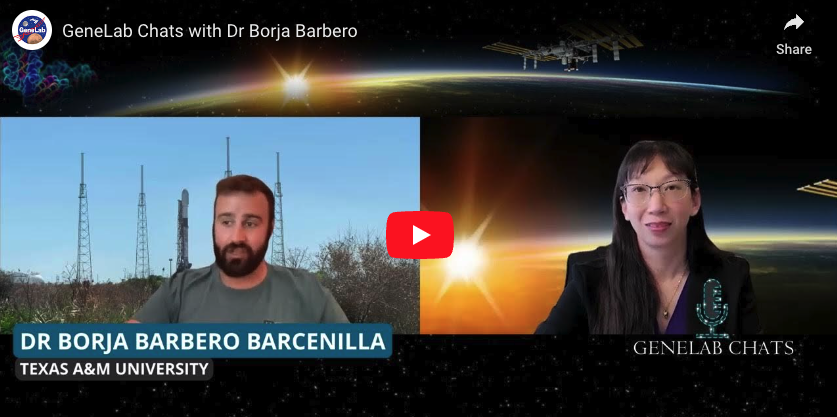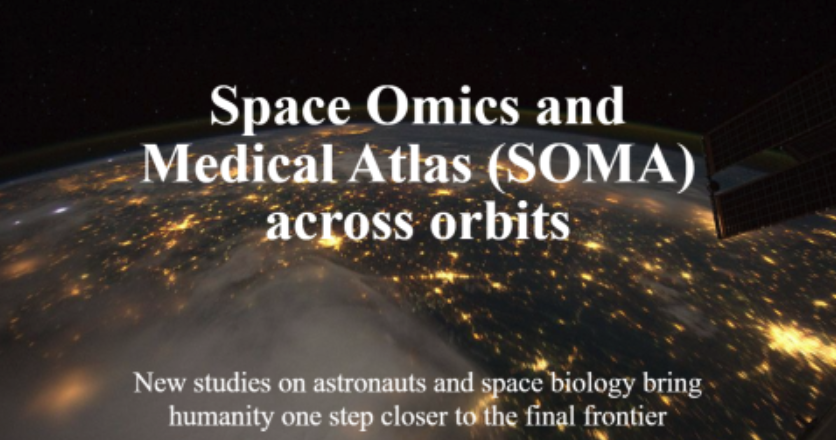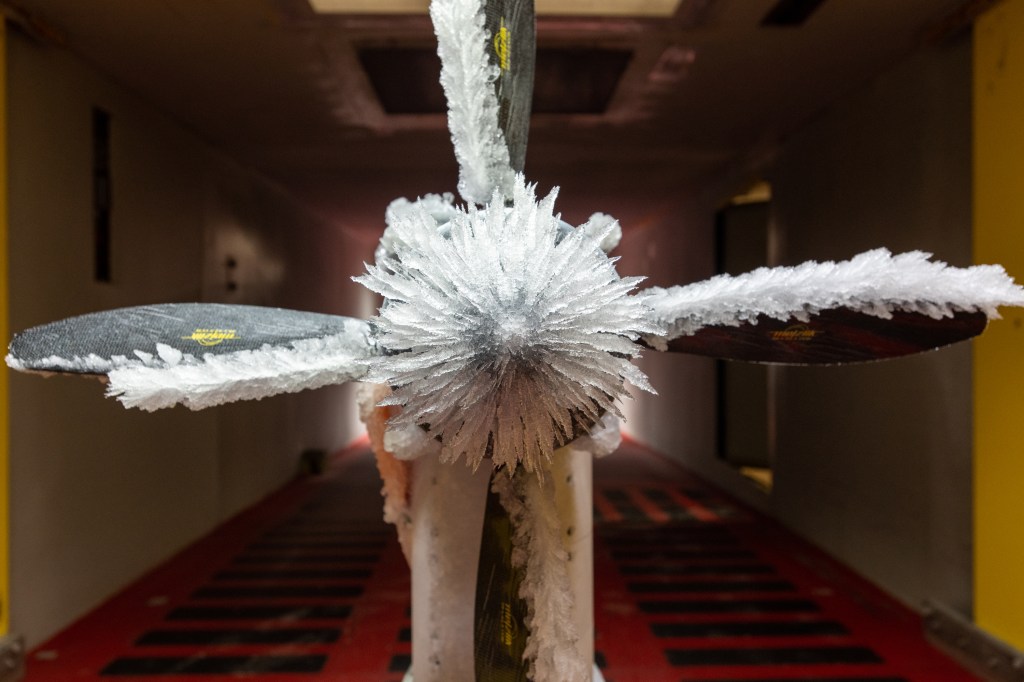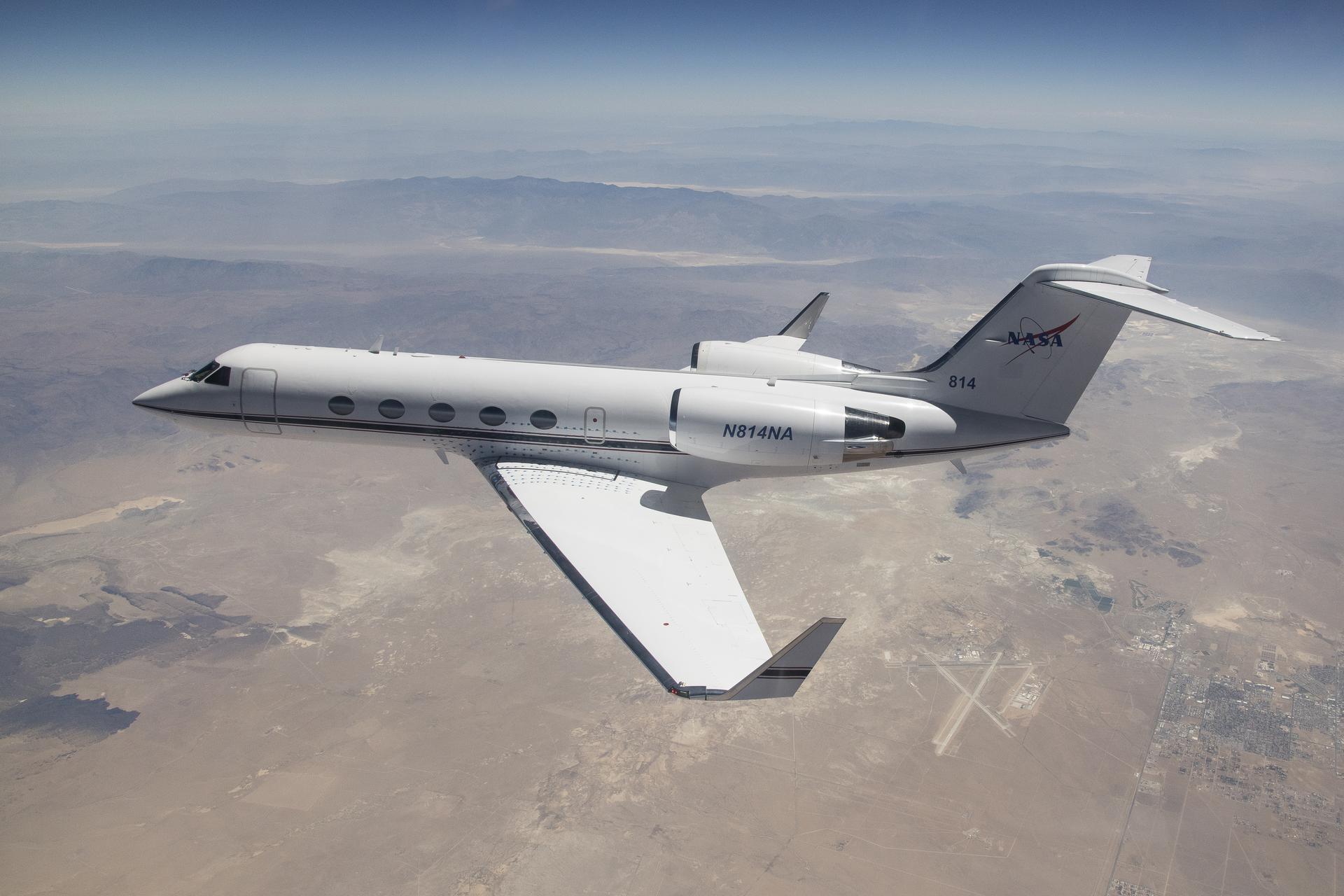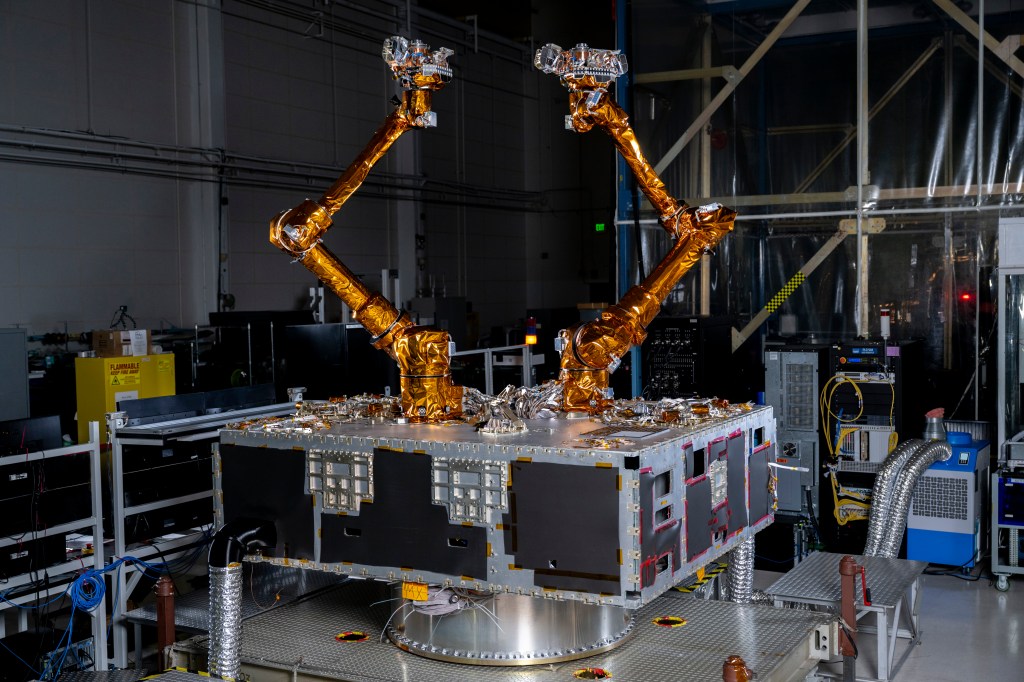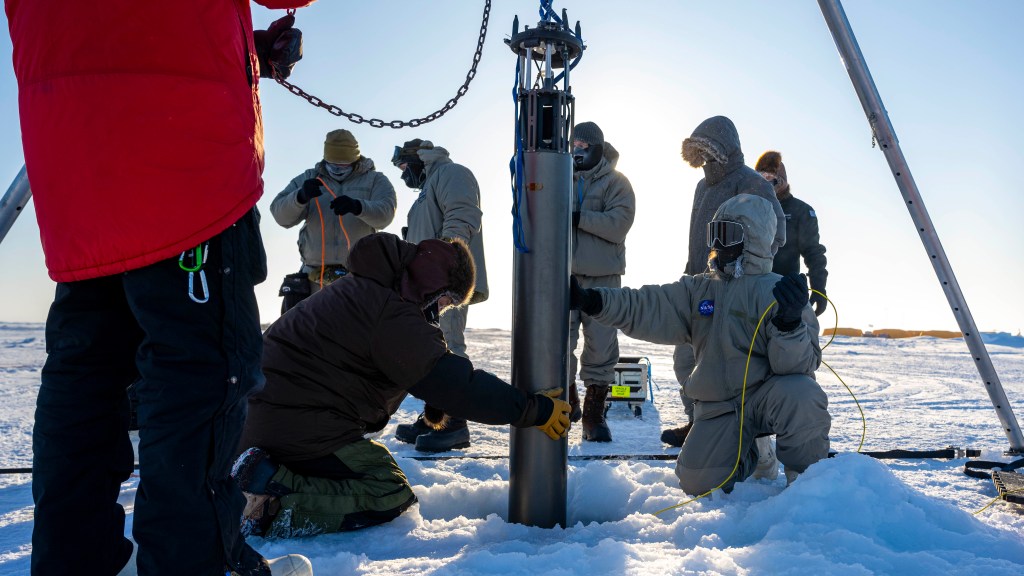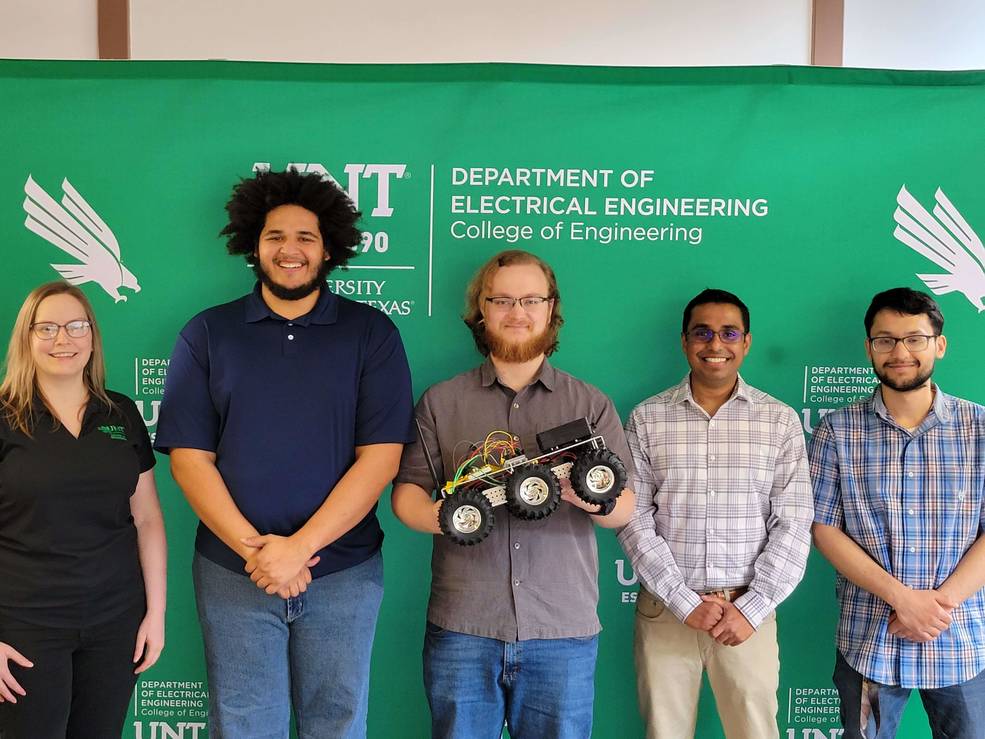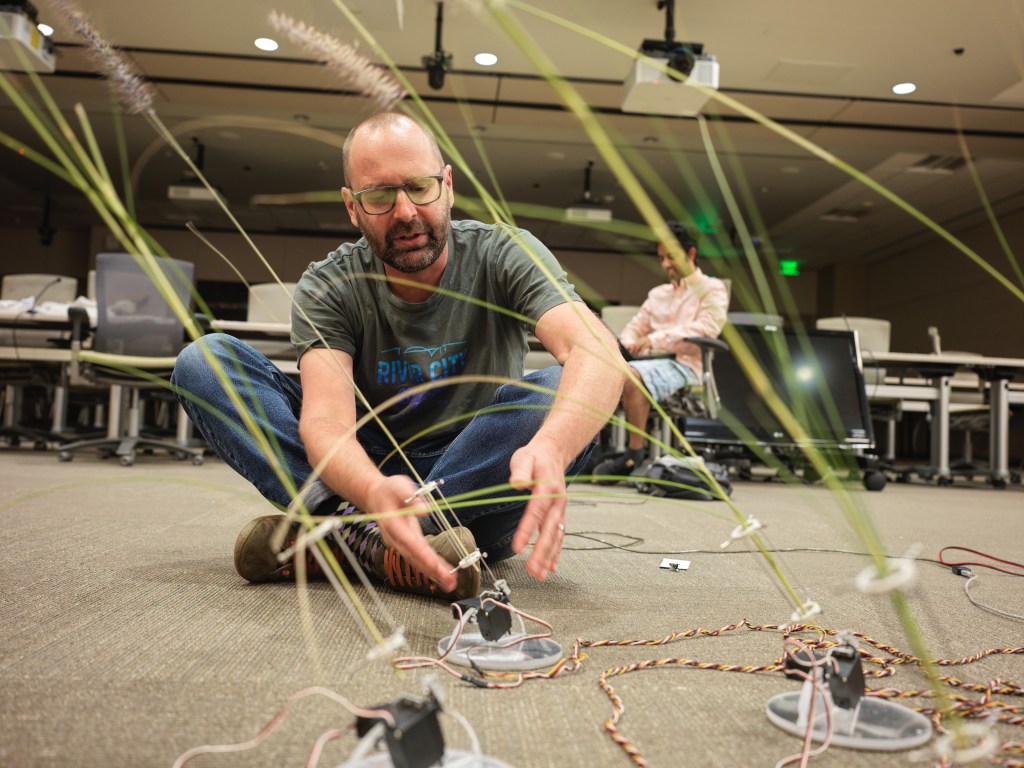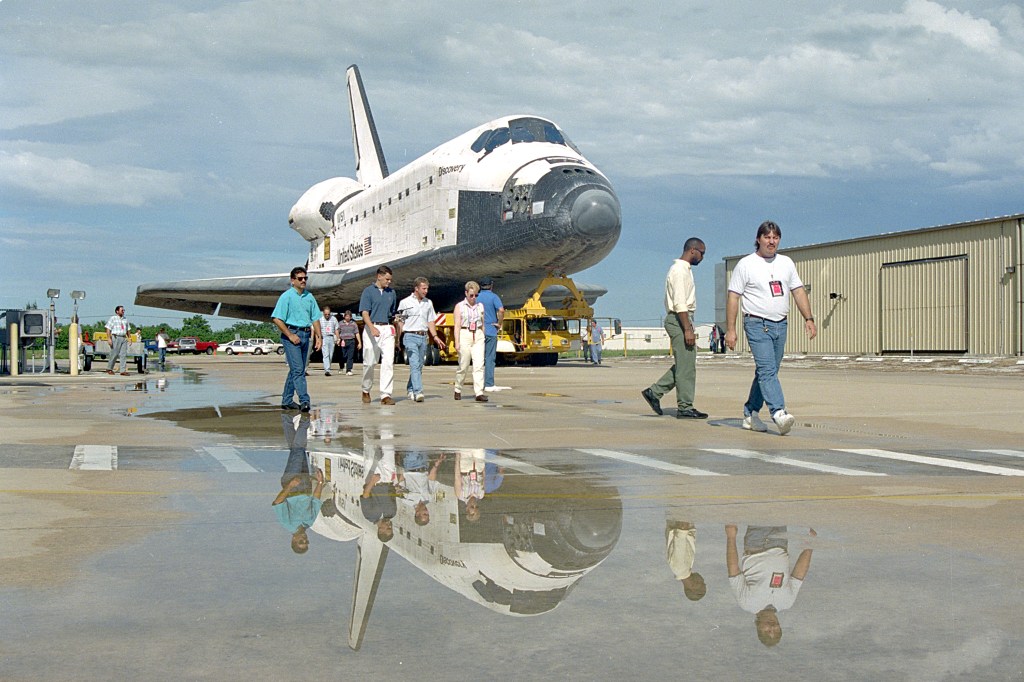NASA-Funded Research Institute Seeks Space Health Postdoctoral Fellows
The NASA-funded Translational Research Institute for Space Health (TRISH) is seeking proposals for its 2025 postdoctoral fellowship program, which supports early career scientists pursuing research with the potential to reduce the human health risks associated with spaceflight.
“Many early career researchers find their entry point into space health research through our postdoc program,” said Dr. Rihana Bokhari, TRISH acting chief scientific officer and faculty member at Baylor College of Medicine (BCM) in Houston, Texas. “TRISH couldn’t be prouder of those scientists, and we are excited to open another opportunity that will usher in even more talent into the rapidly growing field of space health research.”
Selected TRISH postdoctoral fellows lead their own two-year research projects. The fellows also receive a two-year stipend and work with a mentor.
Applicants must include an identified mentor with their submitted research proposal. Funds to support the research, apart from the awardee’s salary, must be supplied by the mentor. Independent investigators with existing financial support may request to be listed as prospective mentors for this program. To be added as a prospective mentor open to working with a proposer, please contact Dr. Guillaume Vignaux (gvignaux [at] nasaprs.com). TRISH encourages all qualified candidates to apply, even if they are new to space health research.
Selected fellows will also have the opportunity to participate in the Institute’s Academy of Bioastronautics, a program that gathers current TRISH postdoctoral fellows and allows for discussion, presentations and networking.
“In addition to financial support, TRISH invests in career development opportunities and access to a network of space health investigators,” said Dr. Dorit Donoviel, the TRISH executive director and faculty at BCM. “So, our postdoctoral fellowship is providing these early career scientists with tools to succeed in their careers, while also moving space health research forward to keep humans healthy on the Moon, and eventually, Mars.”
To apply for this fellowship, click here. The link also gives further application requirements. Proposals should be submitted through the NASA Solicitation and Proposal Integrated Review and Evaluation System no later than Dec. 18, at 11:59 pm EST. Proposers should anticipate a project start date in fall 2025.
TRISH is an applied space health research institute supported by NASA’s Human Research Program to solve the challenges of human deep space exploration. Led by BCM’s Center for Space Medicine, the consortium leverages partnerships with Caltech and Massachusetts Institute of Technology.
_____
NASA’s Human Research Program pursues the best methods and technologies to support safe, productive human space travel. Through science conducted in laboratories, ground-based analogs, commercial missions, and the International Space Station, the program scrutinizes how spaceflight affects human bodies and behaviors. Such research drives the research program’s quest to innovate ways that keep astronauts healthy and mission-ready as space travel expands to the Moon, Mars, and beyond.
TRISH
Through a collaboration with NASA, the Translational Research Institute for Space Health (TRISH) funds scientific studies and technologies to help keep astronauts safe and healthy on deep space missions to the Moon, Mars, and beyond.
Learn More About TRISH